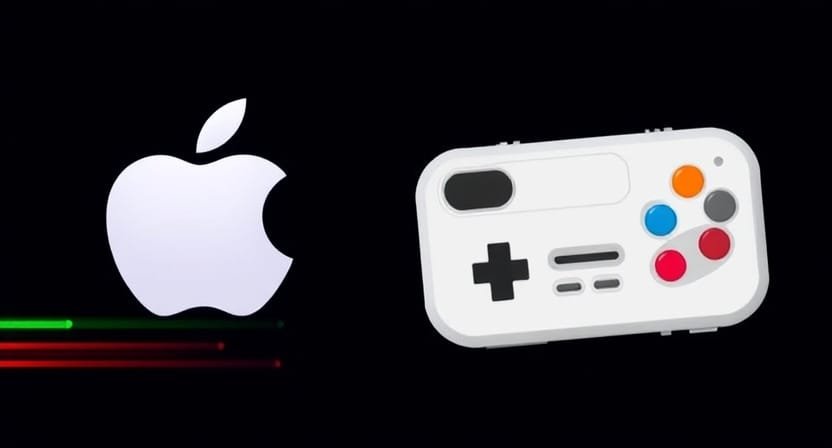Table of Contents
Introduction: A Paradigm Shift in App Store Policies
Retro game emulators were banned on the App Store for more than a decade. That is, retro game emulators must follow all applicable laws, so piracy will not have a place in this decision.
Nobody expected it, but Apple just made a historic decision regarding the presence of retro game emulators in its RetroArch app store, something that it had been banning for more than a decade.
Cupertino’s has announced changes in app review guidelines that, among other things, will allow retro game iOS emulator for android apps to be present on the App Store, albeit with a significant nuance.
For more than a decade, Apple has not allowed retro game eclipse emulator to be listed in its app store, but from now on, these types of apps can go through the review process, opening a new market for iPhone owners.
Navigating Legal Boundaries: Emulators and Intellectual Property Rights
The decision could come as a result of pressure from the European Union and its digital markets law to give its own users a reason not to leave the store and go to third-party ones that may offer other types of applications.
Likewise, this change could be related to the US’s anti-monopoly lawsuit, which accuses Apple of trying to drown out cloud-based gaming applications such as superapplications.
However, for superapplications such as WeChat, which include mini-games, these should be based on HTML 5 and not integrated into the main application binary.
This applies “to mini-applications, mini-games, streaming games, chatbots, plugins, and game emulators, as can be read in the revised guidelines.
With this, the retro game emulators that already exist on Android could very soon include their relevant version in the Apple RetroArch App Store.
It is also quite likely that, in time, there will be exclusive retro game emulators on the App Store, but it will take some time for developers to create them.
Emulation of Retro Game but legal games
This is an important nuance because these retro game emulators that may appear on the App Store must comply with all applicable laws.
In this way, those applications of retro game emulators that offer pirate titles or those that do not have a distribution license are excluded.
On the other hand, Apple also lists the following rules that must be followed by mini-applications and game emulators:
- Applications must follow privacy guidelines and all established rules on the use of data sharing.
- The application may not extend or expose the native platform API to the software without prior permission from Apple.
- These applications may not share data or privacy permissions with any individual software offered in their application without the explicit consent of the user.
- Each of these applications must share the corresponding age classification.
Anyway, users around the world will benefit from this historic decision, which will surely bring a new kind of app to the App Store.















